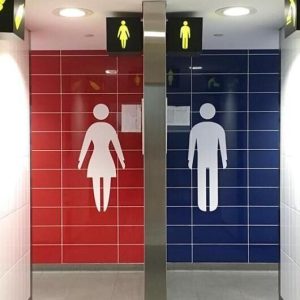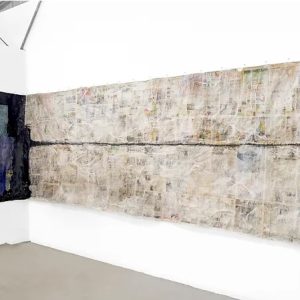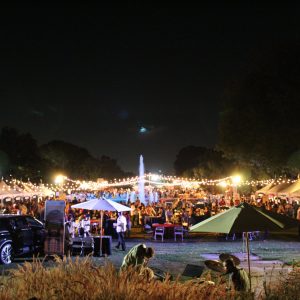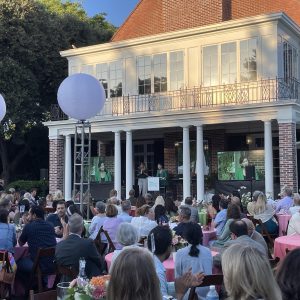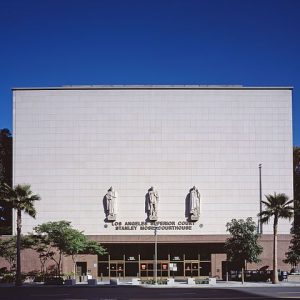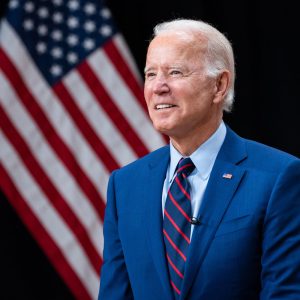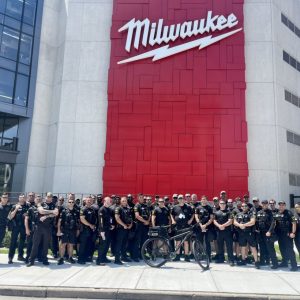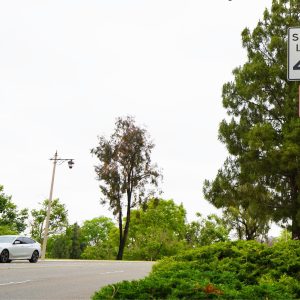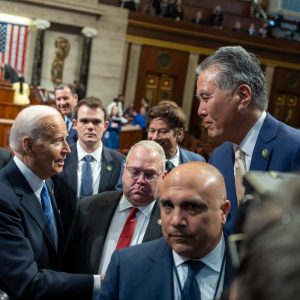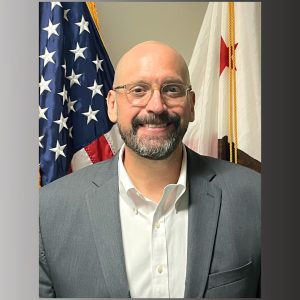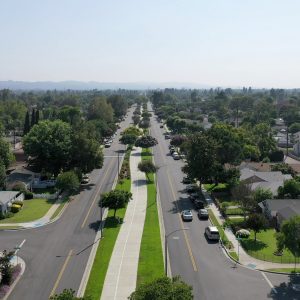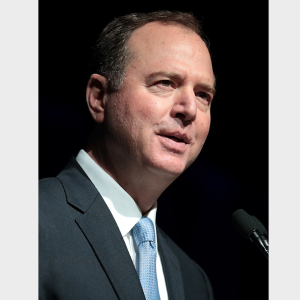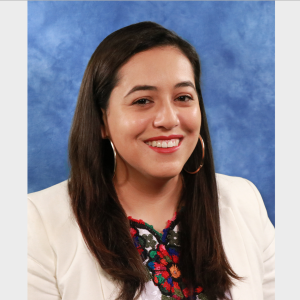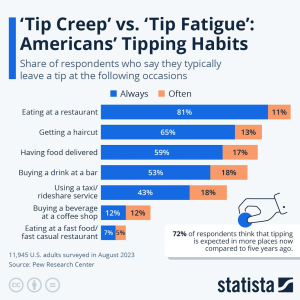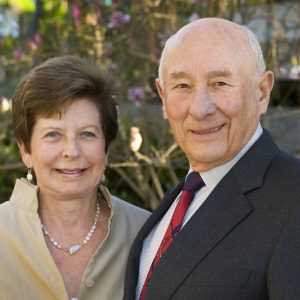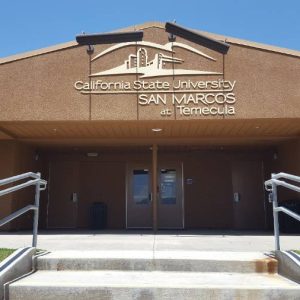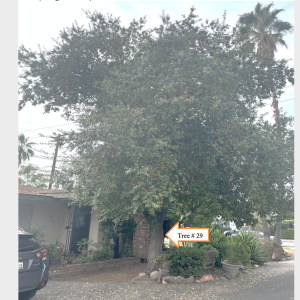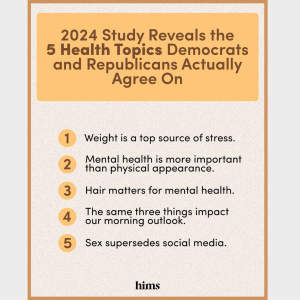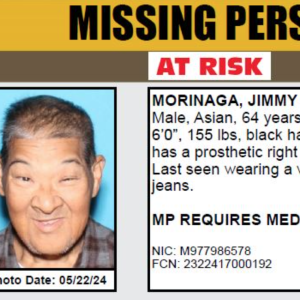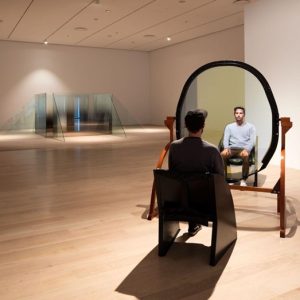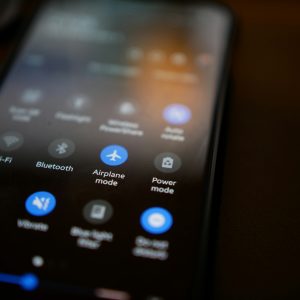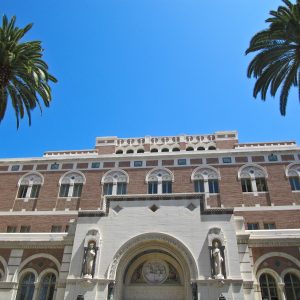 View Winners →
View Winners → Ex-lawyer for DWP to plead guilty to federal bribery charge botched billing system probe
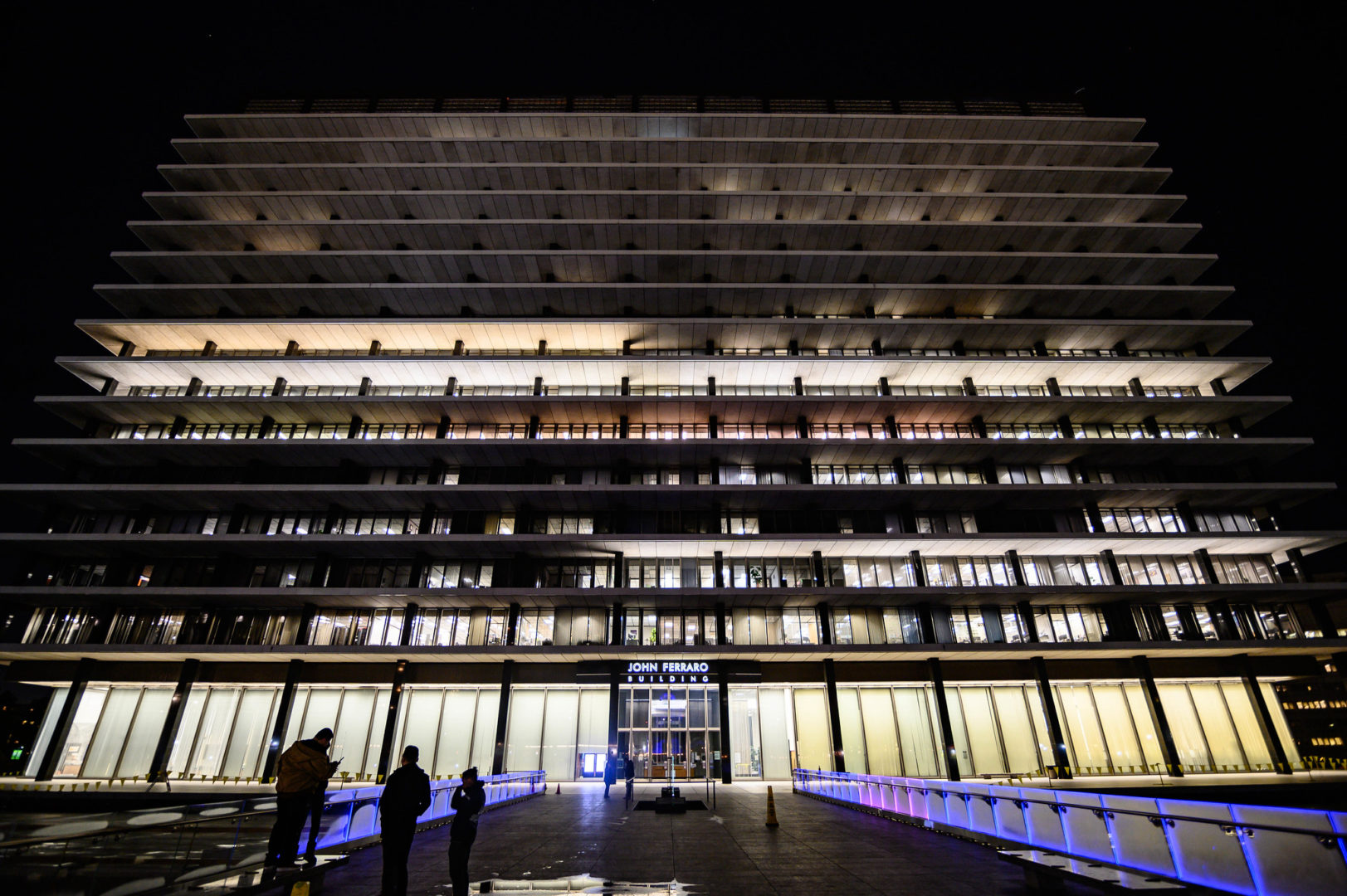
Los Angeles Department of Water and Power. | Photo by Russell Mondy via Flickr (CC BY-NC 2.0)
A lawyer who represented the city of Los Angeles following the botched rollout of a Department of Water and Power billing system in 2013, but was simultaneously representing a DWP ratepayer suing the city over the system, has agreed to plead guilty to receiving a $2.2 million kickback from another attorney stemming from the arrangement, federal prosecutors said Monday.
Paul Paradis is expected to plead guilty to a single federal count of bribery on a date to be determined, according to the U.S. Attorney’s Office. The case is believed to be the first criminal charge to arise out of a federal investigation into the city’s handling of the flawed DWP system and resulting litigation. The failed system led to many customers receiving wildly inflated bills.
A DWP representative did not immediately respond to a request for comment sent after regular business hours.
As part of his plea agreement, Paradis, 58, of Scottsdale, Arizona, admitted to additional bribery schemes involving high-level DWP officials. The defendant is cooperating with the federal criminal investigation, which is ongoing, prosecutors noted.
According to court documents, after the faulty billing system went into use, the city and utility faced multiple class-action lawsuits filed by ratepayers alleging harm resulting from the program.
In December 2014, the City Attorney’s Office retained Paradis and Beverly Hills lawyer Paul R. Kiesel as special counsel to represent the city in a lawsuit meant to be used to settle all related claims on the city’s desired terms, according to federal prosecutors.
Kiesel is cooperating with the investigation and is not charged with any wrongdoing.
Prosecutors contend that when Paradis began representing the city as special counsel in the litigation against PricewaterhouseCoopers over the company’s handling of the DWP billing system rollout, city prosecutors were aware that he was already representing Antwon Jones, a ratepayer who had a claim against the utility arising from billing overcharges.
Jones was unaware that his lawyer, Paradis, also represented his intended adversary, according to court filings.
At a February 2015 meeting with at least one unnamed senior member of the City Attorney’s Office, Paradis and Kiesel were authorized and directed to find counsel that would be friendly to the city to supposedly represent Jones, federal prosecutors allege.
City Attorney Mike Feuer said he was “beyond outraged” at the allegations.
“I am beyond outraged that anyone would breach their duties to the public we serve, as this plea agreement reflects,” he said in a statement.
“As public servants, integrity must be our watchword, our guiding principle. At the end of the day, that’s all we have. We can have no tolerance for betraying the public trust.”
After the meeting, Paradis recruited a lawyer identified in court documents as “Ohio Attorney” to supposedly represent Jones in a lawsuit against the city. Paradis told the Ohio lawyer that the city wanted the lawsuit to be “pre-settled” on the city’s desired terms, and that Paradis would do all or most of the Ohio attorney’s substantive work on the case, according to prosecutors.
In exchange, Paradis and the outside lawyer agreed that Paradis would receive 20% of the Ohio lawyer’s fees in the Jones v. City case as a secret kickback, prosecutors allege.
In March 2015, the city sued PwC in a lawsuit that alleged the accounting firm was responsible for DWP’s billing debacle, claiming that the firm had caused the city hundreds of millions of dollars in damages. Paradis and Kiesel represented the city in that lawsuit, which the city eventually dismissed.
Also in March 2015, Paradis used nonpublic information provided to him by members of the City Attorney’s Office and DWP to draft a detailed complaint for a class-action lawsuit against the city with Jones as the named class representative, prosecutors allege.
Later that month, Paradis provided the draft Jones v. City complaint to the unnamed Ohio lawyer for filing. That attorney filed the Paradis-drafted lawsuit the following month.
In June and July of 2015, Paradis and others working on the city’s behalf in the Jones lawsuit participated in four confidential mediation sessions with the outside lawyer, who purportedly represented Jones, prosecutors said.
At the close of the final mediation session, the mediator issued a proposal that would cap plaintiff attorneys’ fees at $13 million — a figure that raised an objection from another lawyer representing the city, who complained in an internal email that the amount was unjustifiably high because, in part, the Ohio attorney had done “little demonstrative work to advance the interests of the class,” federal prosecutors stated.
Notwithstanding that objection, the city agreed to the fee proposal. In July 2017, a Los Angeles Superior Court judge issued a final approval of the $67 million settlement agreed to by the parties in Jones v. City, including about $19 million in plaintiffs’ attorney fees.
Pursuant to the settlement agreement, the city sent a check to Ohio Attorney in the amount of $19,241,003. After disbursing some of those funds in accordance with the terms of the settlement agreement, the Ohio lawyer and his law firm retained about $10.3 million in fees.
Ohio Attorney then secretly paid $2.1 million to Paradis, disguising the kickback as a real estate investment, and funneling it through shell companies that Paradis and the Ohio lawyer had set up exclusively for the purpose of transmitting and concealing the illicit payment, according to the plea agreement.
As part of his plea deal, Paradis also admitted to giving bribes to multiple DWP officials, including a DWP general manager and an DWP Board member, in exchange for their help in securing a three-year, $30 million no-bid contract with the utility in June 2017 for Paradis’ downtown Los Angeles-based cyber-services company, Aventador Utility Solutions.
At the time it approved the no-bid contract, the DWP Board was not informed that Paradis had ghostwritten a May 2017 independent monitor report on the Jones v. City settlement on which the utility based its decision, prosecutors said.
The Paradis-written report claimed that DWP could not meet its obligations under the Jones v. City settlement agreement unless it contracted with Aventador.
The DWP Board also was unaware that the then-DWP general manager advocating for the award of the $30 million no-bid contract to Paradis’ company had secretly agreed to become its CEO with an annual salary of $1 million and a luxury company car, prosecutors contend.
Paradis is expected to make his initial federal court appearance in downtown Los Angeles in the coming weeks.





